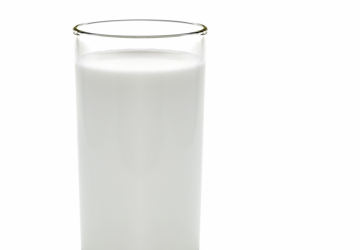Government intervention "in the name of public health" carries a different meaning today compared to its implications a hundred years ago. And that change in definition has broad implications for consumer freedom. In the May 2007 issue of Reason magazine, Jacob Sullum outlines three critical changes in public health policy over the past few centuries that the food police exploit in order to trespass on individual freedom.
Originally public health agencies intervened in individual activities that harmed others, but their most recent edicts (like sin taxes) focus on activities that only affect the participant. This diminishing distinction between personal choices and communicable diseases illustrates the first big change:
In the past, public health officials could argue that they were protecting people from external threats: carriers of contagious diseases, fumes from the local glue factory, contaminated water, food poisoning, dangerous quack remedies. By contrast, the new enemies of public health come from within; the aim is to protect people from themselves — from their own carelessness, shortsightedness, weak will, or bad values — rather than from each other.
Contrary to the impression left by … CDC maps that show obesity spreading like a plague from state to state, behavior cannot be transmitted to other people against their will. People do not choose to be sick, but they do choose to engage in risky behavior. The choice implies that the behavior, unlike a viral or bacterial infection, has value.
Sullum’s second point addresses the contrast between the science that drove historical quarantines and vaccinations and the moral impulses driving today’s activist campaigns:
With lifestyle choices that pose longer-term risks, such as smoking and overeating, the dangers may be easier to ignore, but it is still possible for someone with a certain set of tastes and preferences to say, "Let me enjoy myself now; I’ll take my chances." The assumption that such tradeoffs are unacceptable is the unspoken moral premise of public health.
Facing Americans’ resistance to such moral imperatives, policymakers frame meddling as medicine to attain conformity. To illustrate this point, Sullum cites H.L. Mencken:
"Hygiene is the corruption of medicine by morality … The true aim of medicine is not to make men virtuous; it is to safeguard and rescue them from the consequences of their vices. The physician does not preach repentance; he offers absolution." Whether or not you agree with Mencken’s view of the physician’s proper role, the danger of transforming a doctor’s orders into the government’s orders should be clear.




